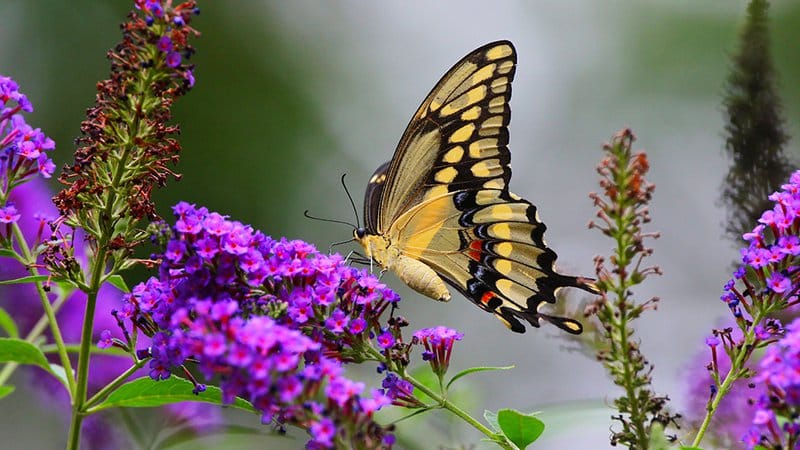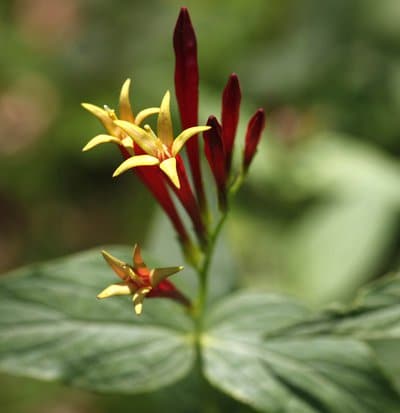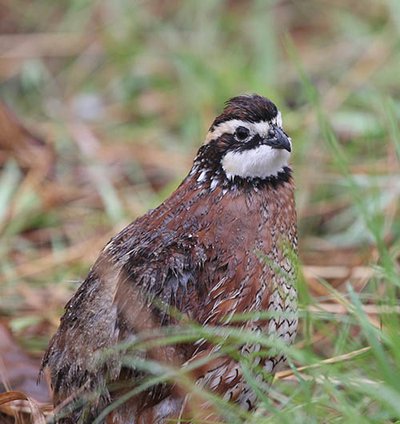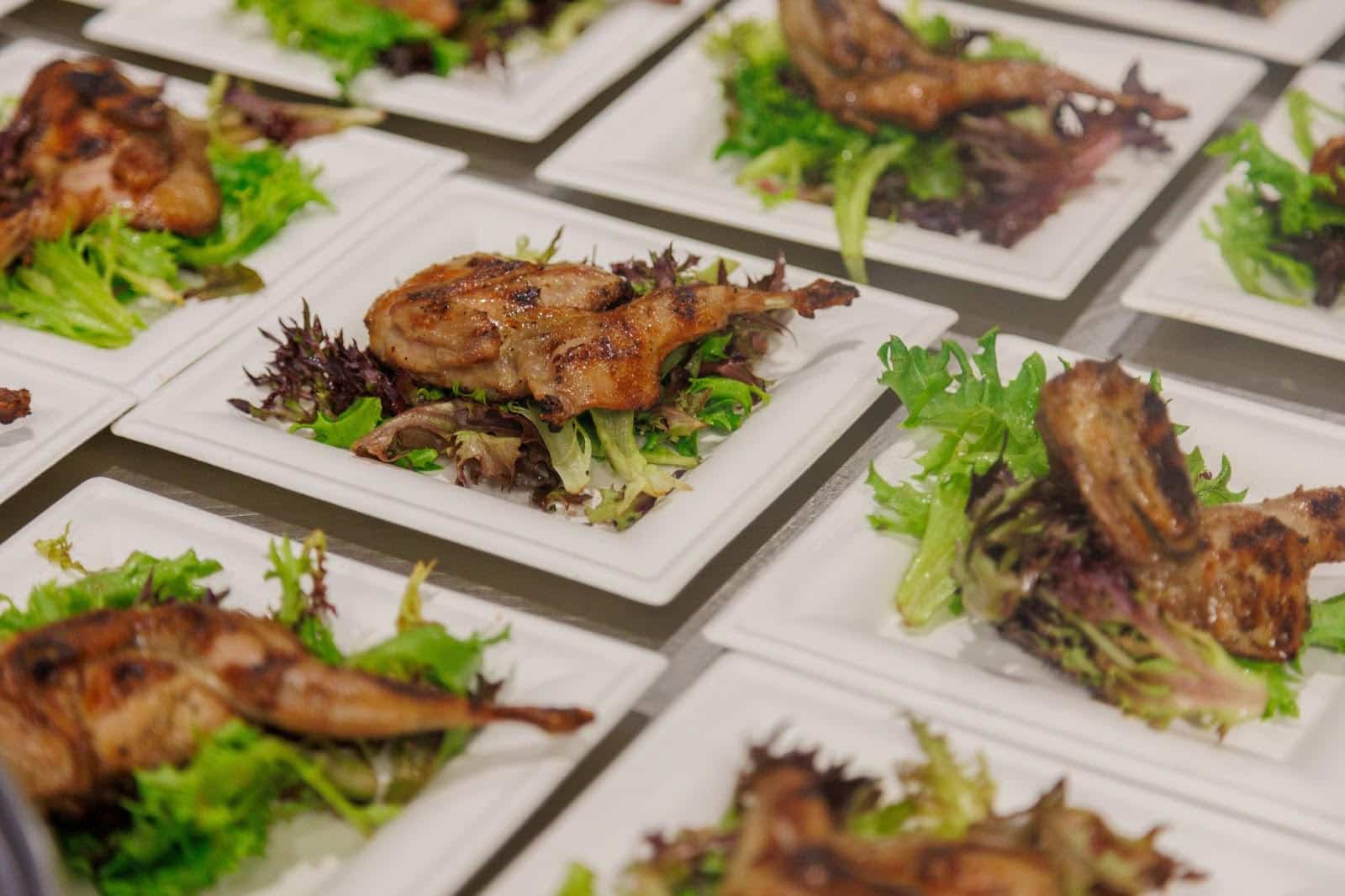Native plant sale benefits Arkansas wildlife
ON 03-31-2021

March 31, 2021
Randy Zellers
Assistant Chief of Communications
LITTLE ROCK — Audubon Arkansas will host its annual spring native plant sale again this year through a special online order/curbside pickup process to help meet social distancing recommendations to slow the spread of COVID-19.
The Little Rock Audubon Center will accept online orders from April 5-15 through a link provided on their website and Facebook page beginning April 5. The center will then host the curbside pickup April 24 by appointment, which is scheduled during the purchase process.
“In addition to the 35 species Audubon is offering, customers will be able to purchase plants from four native plant growers located around the state,” Dan Scheiman, bird conservation director for Audubon Arkansas, said. “There will be quite the diversity of flowers, grasses, vines, shrubs, and trees to choose from.”

Warm weather has every gardener and homeowner thinking about what to plant this year for a beautiful lawn and landscape. The Arkansas Game and Fish Commission would like to remind everyone that going native is a great way to improve the look of your home while offering much more benefits to wildlife than many of the ornamental plants commonly found in flowerbeds.
Allison Fowler, Wildlife Diversity Program Coordinator for the AGFC, says plant species not only can be easier to maintain in their native range than exotic flowers, but also provide food and shelter for a variety of native animals that have adapted to the habitat they provide. Many agricultural crops are dependent upon pollinators and providing habitat adjacent to crops has been shown to improve yields. Many pollinators also rely on native plants to complete a portion of their life cycles.
“The monarch butterfly, for instance, seeks out native milkweeds to lay its eggs,” Fowler said. “Planting milkweeds not only can offer an attractive yard, but also benefits these butterflies on their migration.”

Native plants also provide a much better balance of nutrition than supplemental feedings like bird feeders. While songbirds may flock to a feeder or scattered grain in winter, natural foods offer the nutrients native birds depend on and provide it without unnaturally concentrating many birds in one location, which can cause diseases to spread if not properly maintained.
Anyone interested in incorporating native plants into their landscaping can consult National Audubon’s Plants for Birds database (audubon.org/plantsforbirds), which helps users find the best plants for the birds in their area. The AGFC also has a booklet of suggested native plants for pollinator species available at www.agfc.com/en/wildlife-management/awap/monarch-pollinator-conservation.
For more information on Audubon Arkansas, visit ar.audubon.org.
Recent News
Subscribe to Our Weekly Newsletter E-mails
Don’t miss another issue. Sign up now to receive the AGFC Wildlife Weekly Newsletter in your mailbox every Wednesday afternoon (Waterfowl Reports are published weekly during waterfowl season and periodically outside the season). Fishing Reports arrive on Thursdays. Fill in the following fields and hit submit. Thanks, and welcome!


